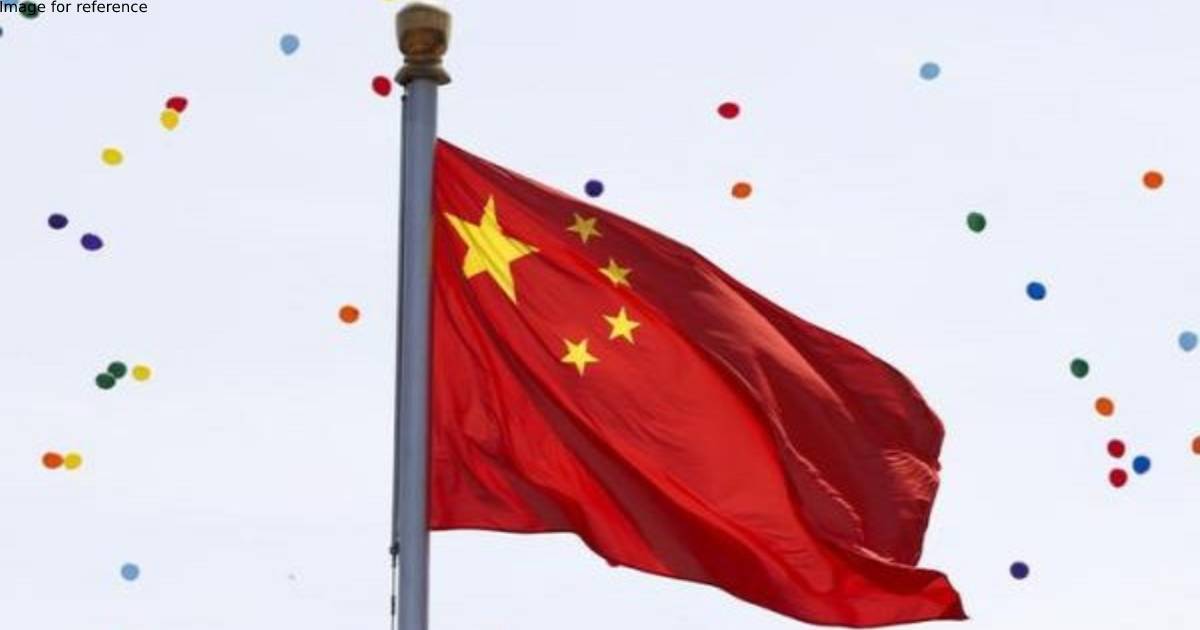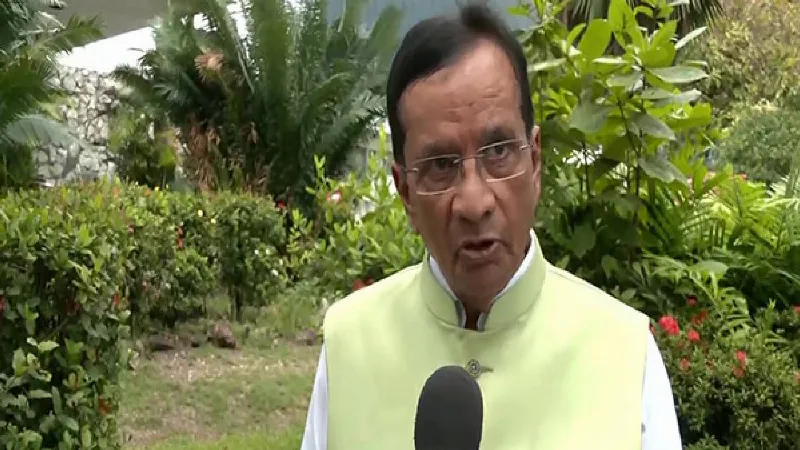Latest News
China's 'zero COVID policy' drastically affected country's economy

Beijing: China started its "zero COVID policy" with the intention to curb the spread of Covid-19 with widespread lockdowns and mass quarantines but in reality, it had slowed down the economic growth of the country.
According to the National Bureau of Statistics in China, the data on Friday showed that the economy expanded 0.4 per cent from a year earlier in the second quarter, worse than some economists' expectations and the slowest growth since the first three months of 2020.
Notably, 2020 was a year when China effectively shut down the market to fight the early stages of the pandemic, and its economy shrank for the first time in 28 years, The New York Times reported.
Unemployment, the housing market and small businesses are still a mess.
"China is the shoe that has never dropped in the global economy," said Kenneth Rogoff, a professor of economics at Harvard University and a former chief economist for the International Monetary Fund.
"China is in no position to be the global engine of growth right now, and the long-term fundamentals point to much slower growth in the next decade," he added.
Looking at the economic growth, in May, Li Keqiang, China's premier, called an emergency meeting. The stark warning cast doubt on China's ability to reach its earlier growth target of 5.5 per cent for the year.
China's slowing growth complicates an already fragile global economy. Surging inflation has heightened the risk of recession in the United States, while Russia's millitary operation in Ukraine has pushed up energy prices and disrupted supply chains across Europe. In previous moments of economic crises, China alleviated financial pressures with access to cheap manufacturing and a largely untapped market of consumers eager to spend, reported The New York Times.
But China is no longer growing by leaps and bounds. The Covid restrictions and policies carried out in recent years -- such as cracking down on speculation in real estate and curbing the power of China's tech giants -- have combined to exacerbate the slowdown
Zheng Jingrong, an owner of a shop in Beijing selling imported handmade clothes, said she had typically sold 150 to 200 pieces of clothing in a month before the pandemic. In May, she sold 20. Her regular customers don't come by anymore, she said, and people are generally reluctant to go out. Each year of the pandemic has been "worse than the year before," Zheng said as quoted by The New York Times.
Zheng further said more than 300 stores used to operate in the same neighbourhood as her shop in Gulou, a maze of streets and alleyways once teeming with food stalls, cafes and bars. She estimated that 20 per cent of those businesses were closing or had closed.
"Because China started booming and developing from the 1980s, its economy had always been going up," Zheng said, who has run the shop for 15 years. "Now it's obviously going down," she added. (ANI)





















